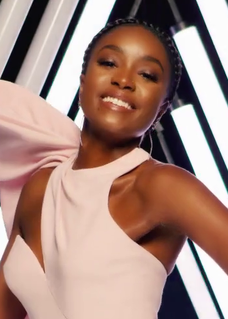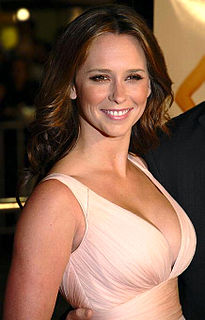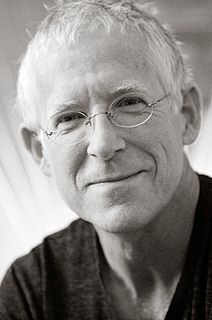A Quote by KiKi Layne
Hollywood has had a very limited way of telling stories about black people.
Related Quotes
I do think that even with entertainment and telling stories, people in the entertainment industry have such a beautiful position in the world to speak about things that they're passionate about in a way that can grab people more than just sitting and telling someone about something, because you can show it visually.
So I found myself telling my own stories. It was strange: as I did it I realised how much we get shaped by our stories. It's like the stories of our lives make us the people we are. If someone had no stories, they wouldn't be human, wouldn't exist. And if my stories had been different I wouldn't be the person I am.
I'm a strong believer in telling stories through a limited but very tight third person point of view. I have used other techniques during my career, like the first person or the omniscient view point, but I actually hate the omniscient viewpoint. None of us have an omniscient viewpoint; we are alone in the universe. We hear what we can hear... we are very limited. If a plane crashes behind you I would see it but you wouldn't. That's the way we perceive the world and I want to put my readers in the head of my characters.
My real purpose in telling middle-school students stories was to practice telling stories. And I practiced on the greatest model of storytelling we've got, which is "The Iliad" and "The Odyssey." I told those stories many, many times. And the way I would justify it to the head teacher if he came in or to any parents who complained was, look, I'm telling these great stories because they're part of our cultural heritage. I did believe that.
In my time since moving to the United States, I've found that there is a dearth of great writing for black people. There are stories that depict us in a way that isn't cliched or niche, and that a white person, a Chinese person, an Indian person can watch and relate to. Those are the stories I want to be a part of telling.
I find Hollywood gives these pat stories, and they're reassuring stories, and I don't really want to give people that. Hollywood does all that work. I'm offering, sometimes, an alternative to that. The answers aren't black-and-white. There may not even be answers in certain instances. The ground is not necessarily solid, either. So you've got to keep awake the whole time, even after the movie is over.
We went to a church that had missionaries who'd come back once a year from Fiji & give talks. I remember one of them saying it was very hard work telling people they were going to lose their everlasting souls if they didn't shape up. I pictured people sitting on the beach listening to this sweaty man all dressed in black telling them they were going to burn in hell & them thinking this was good fun, these scary stories this guy was telling them & afterwards, they'd all go home & eat mango & fish & they'd play Monopoly & laugh & laugh & they'd go to bed & wake up the next day & do it all again.



































